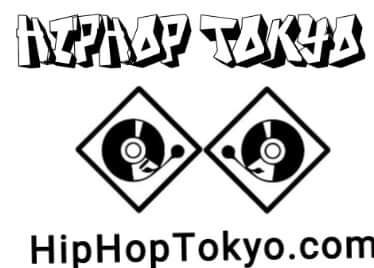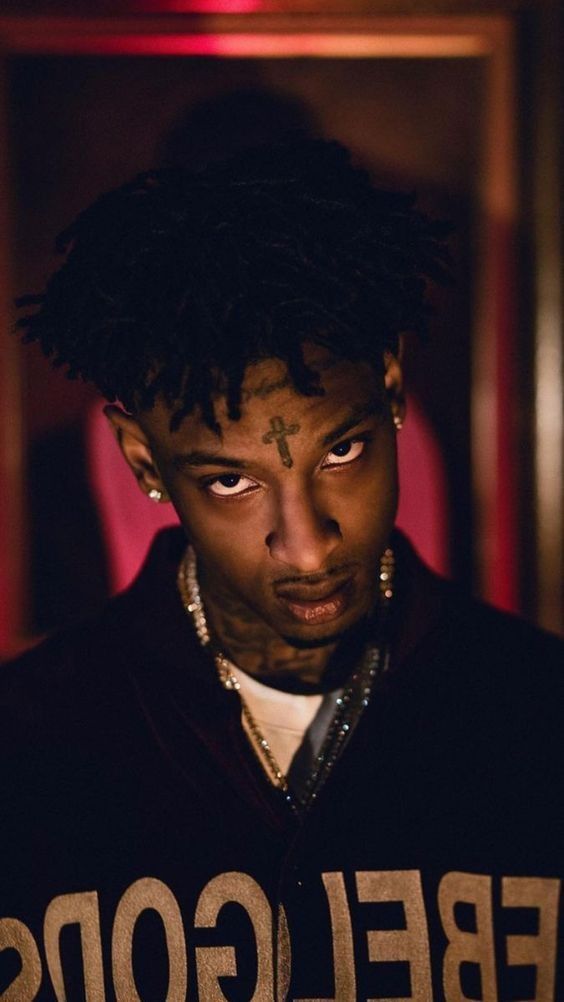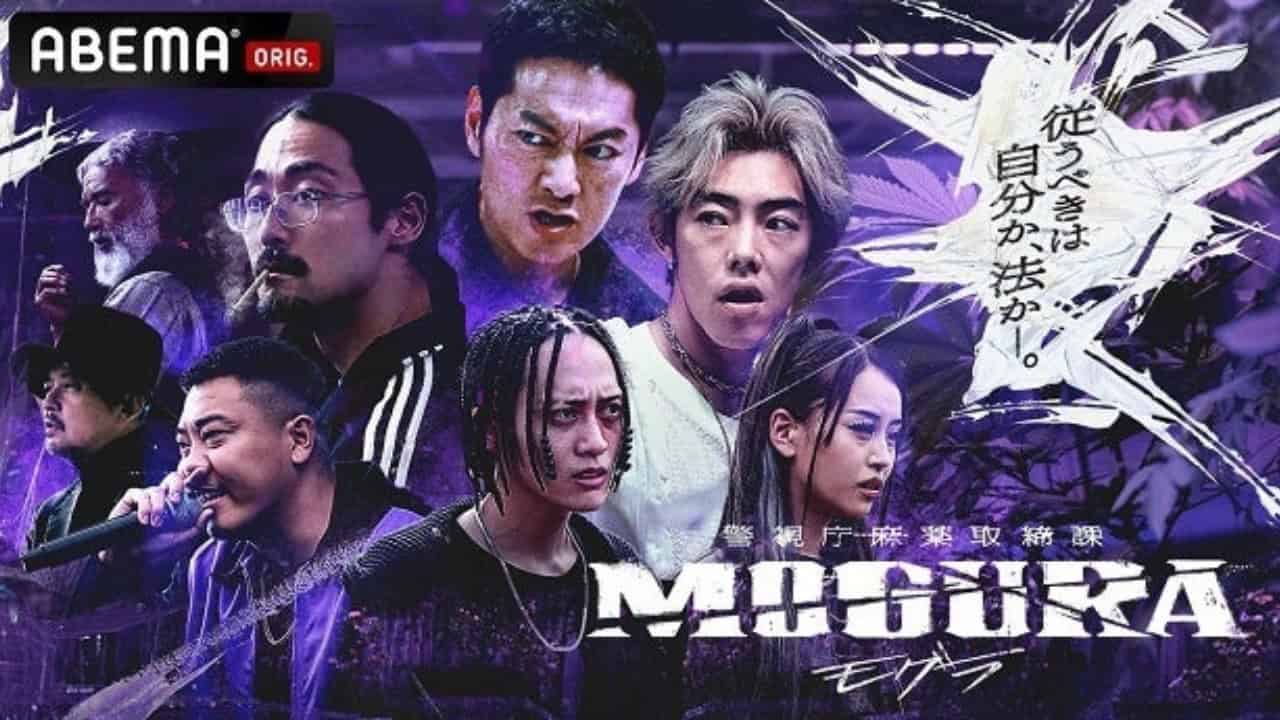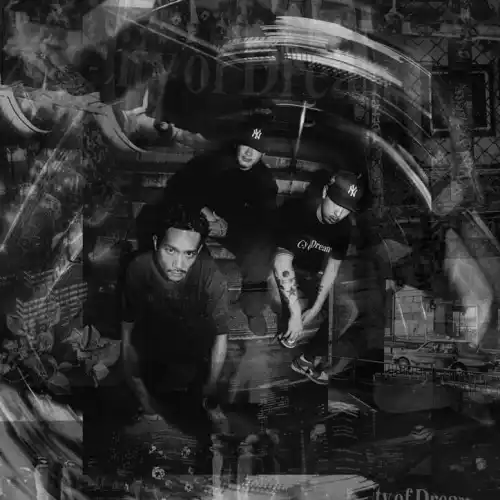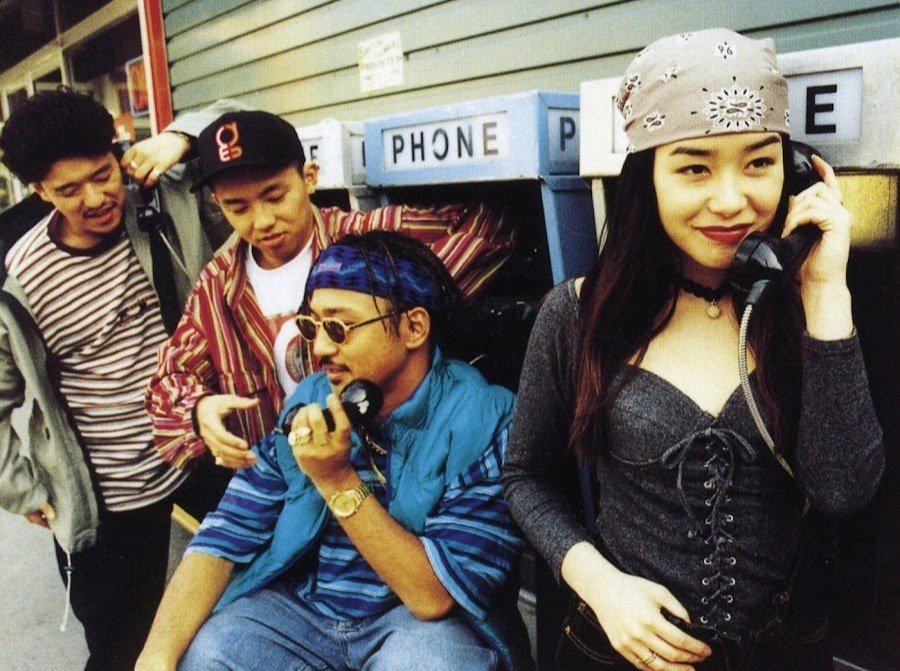The Rise of Tokyo’s Global Hip Hop Scene
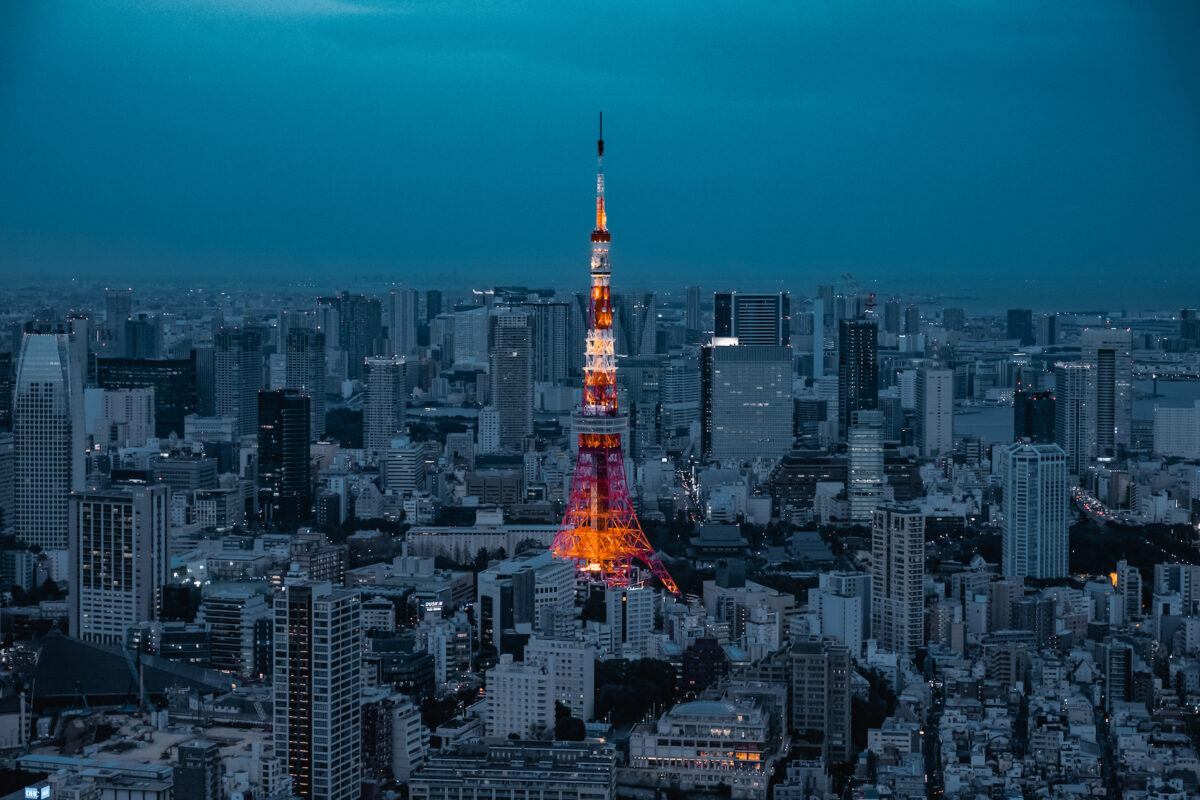
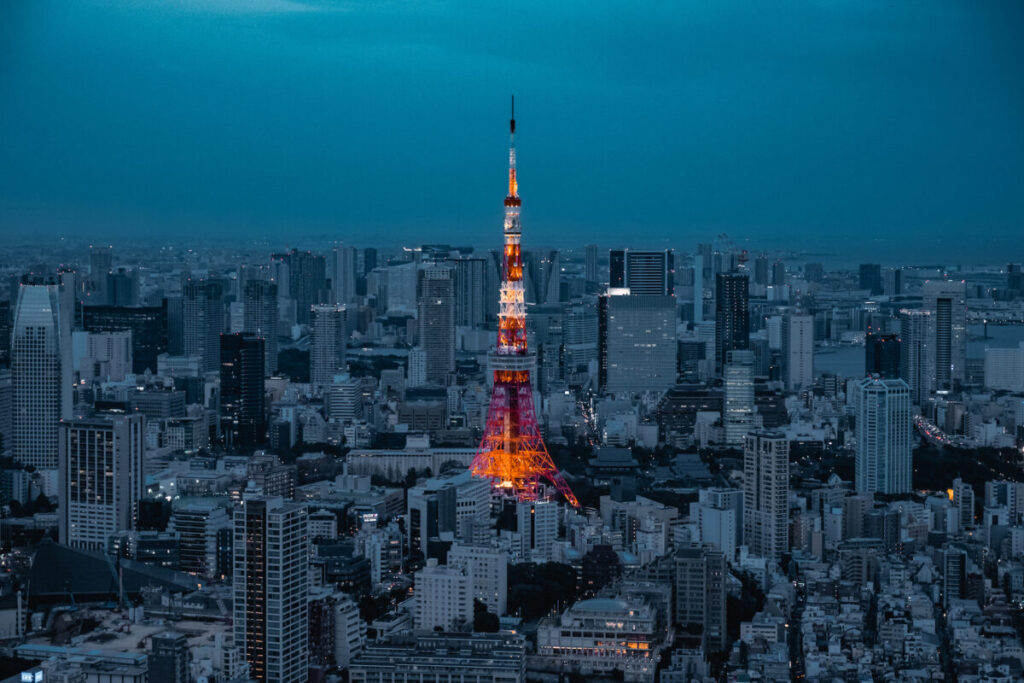
A look inside the hip hop scene in Tokyo, Japan, from its rise in the 80s and 90s to now—plus, the best places to listen to hip hop while you’re in town.
Like most great music scenes, hip hop in Tokyo emerged from the underground. Fans credit DJ and streetwear idol Hiroshi Fujiwara for introducing the music to Japan in the 1980s after he fell in love with it during a trip to New York City. Bringing American records home, Fujiwara began spinning tracks in clubs throughout Tokyo. It was a style of music the country hadn’t yet been exposed to—and at first, it was scarcely recognized.
In the early days, hip hop was largely ignored by major Japanese record labels and listeners; the community remained intimate, confined to discreet venues and covert gatherings. But eventually, the music gained visibility through media, making itself known through cult-classic documentaries and television shows.
“I would watch the Thumpin’ Camp DVD and it featured NIPPS, a Japanese rapper, who would ‘spray poison’—Japanese slang for how rappers flow or spit their rhymes,” says Chigasaki-born artist Ill Effects. The film adaptation of the 1996 Japanese rap festival inspired him to dive headfirst into the art. “It was my first time seeing it done live. I was shocked.”
“Hip hop–based television shows made a big impact and made the rap community bigger,” agrees Tokyo-based rapper Leon Fanourakis. “There was a freestyle rap battle show I watched when I was still in high school—that’s when hip hop became more noticeable.”
The creative’s local guide to Tokyo →
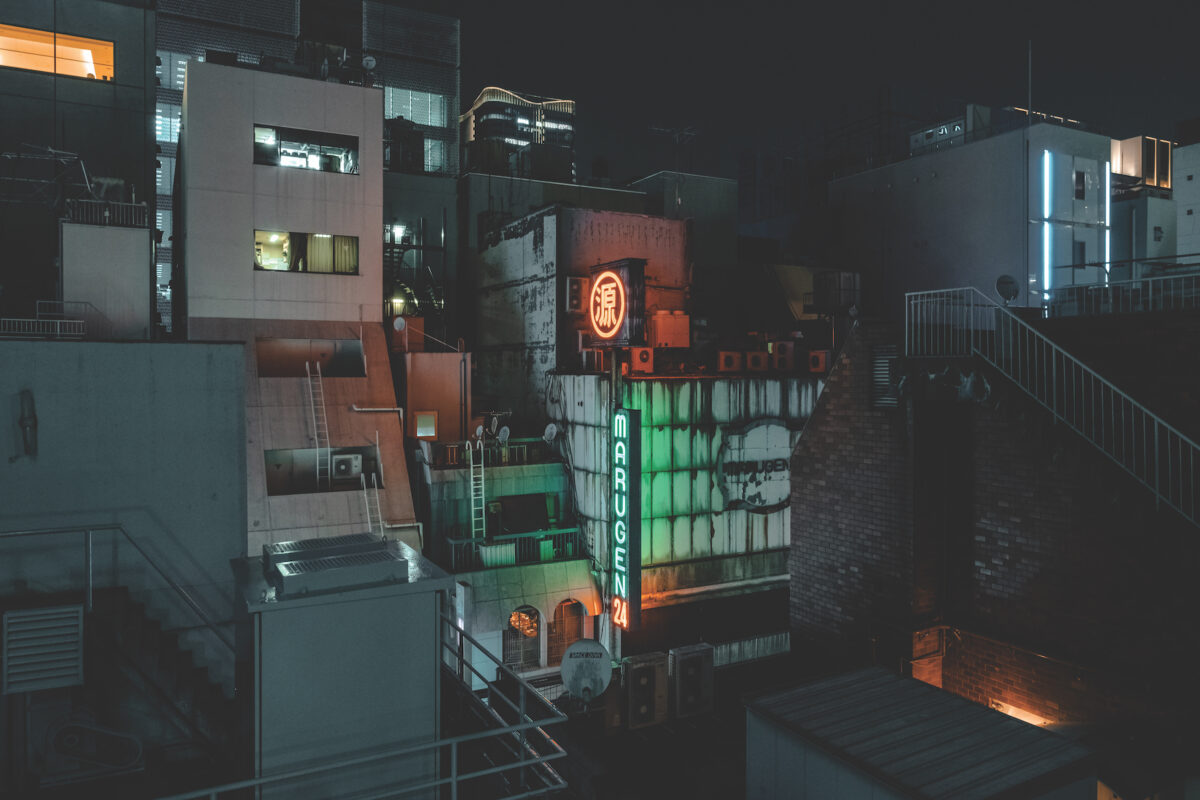
Tokyo’s hip hop scene was confined to the underground before taking off in the 1990s.
As the genre gained traction, more artists began to try their hand at the craft. They drew influence from the American scene, admiring its fashion and culture from the other side of the world.
“People guessed things about American rap culture from the media, similar to people in America and their ideas about Japan now,” says radio host Jayda B., founder of feminist music collective Bae Tokyo. After attending college in Japan, she established her career on air in Atlanta—a capital of modern American rap—but soon returned to Tokyo, working with local artists and getting a firsthand look at the globalization of hip hop.
“It’s interesting to see just how moving [rap] is for people of all different backgrounds and who speak different languages, and how immersed people want to be in the culture because they think it sounds good, it feels good, it looks good,” she says.
